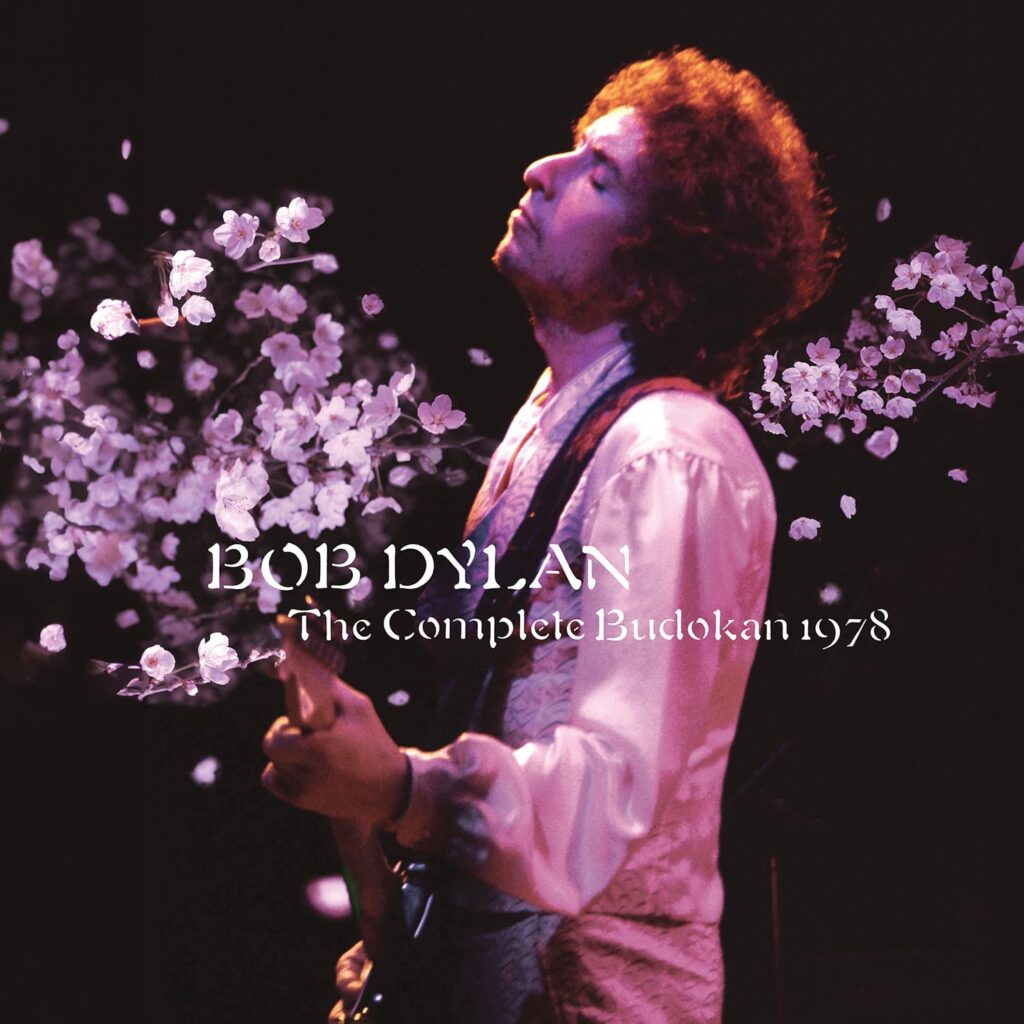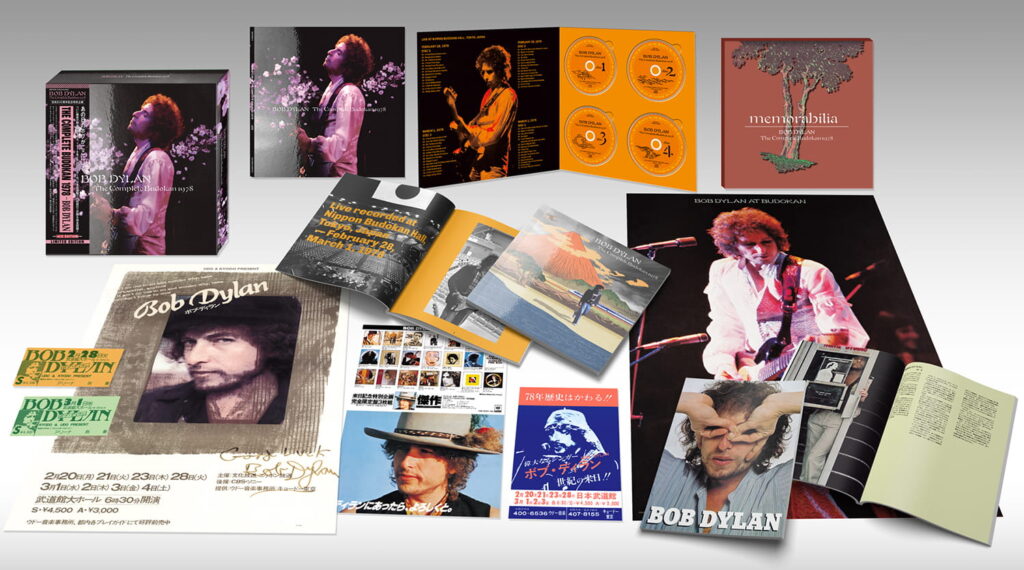
To Bob Dylan fans, 1978 is one of those years that hasn’t been properly explored.
Three years earlier — 1975 — saw the double feature of “Blood on the Tracks” and the first iteration of the Rolling Thunder Revue. Both remain high water marks in Dylan’s illustrative career.
However, after the second iteration of the Rolling Thunder Revue ended after a show at Salt Lake City’s Salt Palace on May 25, 1976, Dylan took a couple years off from the road. When he toured in 1978, the results were mixed; some critics panned Dylan’s radical arrangements of his classics.
The tour launched on Feb. 20, 1978, in Tokyo, Japan. Two shows — the Feb. 28 and March 1 shows at Tokyo’s Nippon Budokan Hall — were recorded and released on Bob Dylan at Budokan.
In honor of the album’s 45th anniversary, Columbia Records and Legacy Recordings have released an expanded edition featuring the two complete shows professionally recorded and 36 previously unreleased tracks, giving audiences — and even critics — the opportunity to reevaluate the album and the performances.
If the arrangement didn’t startle listeners, the big band — complete with multi-instrumentalist Steve Douglas playing the saxophone, flute and recorder and backup singers harmonizing with Dylan — surely did.
“I hope you don’t think this is Las Vegas music, or disco music, because you know it’s not,” Dylan said at one show in 1978, according to one report.
In some ways, it’s to imagine anyone panning Dylan for rearranging his songs. Anyone who has seen him lately on the Rough & Rowdy Ways World Tour knows the original versions are merely a starting point.
The most recent live version of “Watching the River Flow” I’ve seen — in Akron, Ohio — differs greatly from the first version I saw in Atlanta in 1996. It’s hardly a criticism, but any exploration of a Dylan live album must recognize the song will sound different.
Maybe we expect it now, whereas audiences in 1978 were gobsmacked. At the time, the did not know where Dylan would go the following year.
Perhaps most remarkable about the album is that it was Dylan’s third live effort in the 1970s. The new offering wins, at least in part, for the improved sound; even the songs released on the original album pop with clarity on the new set.
“We mixed the record with the keyword ‘passion’ in mind,” chief engineer Tom Suzuki said in a news release. “The result is a mix that surpasses the original 1978 release, providing a crisper and clearer sound where each instrument and Bob Dylan’s voice are distinctly audible.”
Undoubtedly, some songs, like “I Don’t Believe You (She Acts Like We Never Have Met),” have a lounge feel. However, previously unreleased tracks like “The Man in Me” and “I Want You” are true gems and make the set worth exploring. Even the reggae version of “Don’t Think Twice, It’s All Right” is growing on me.
Some veterans of the Rolling Thunder Revnue — Steven Soles on guitar and vocals; David Mansfield on pedal steel guitar, violin, mandolin, dobro and guitar; and Rob Stoner and bass and vocals — returned for the 1978 tour.
The problem with Dylan is there’s an embarrassment of riches. Saying one isn’t likely to revisit this set often is somewhat disingenuous considering the number of retrospective releases Dylan and his team have released in recent years, including new volumes of The Bootleg series and the 1966 and 1975 live boxsets.
Is there room in the Dylan canon for a new look — or an expanded edition of — Street Legal? Absolutely. Maybe it’ll even solve the decades-long question of whether the album’s name should be hyphenated.
Until then, we’ll have plenty of time to explore the depths of the Budokan, from “To Ramona” to “Tomorrow is a Long Time.” Saxophone and all.
